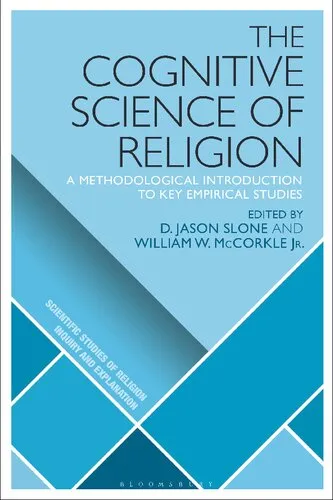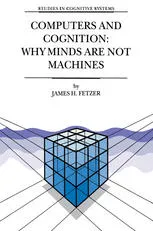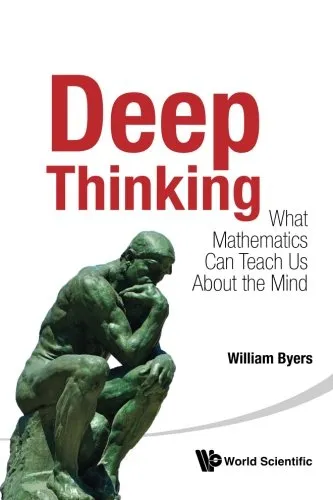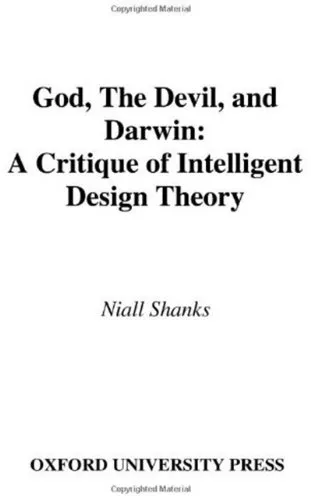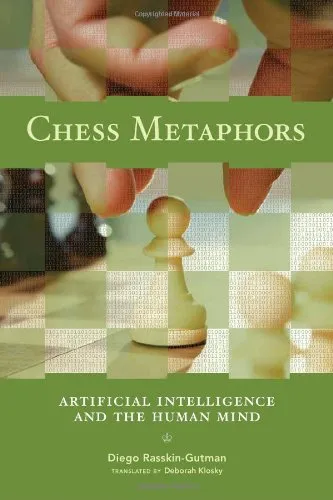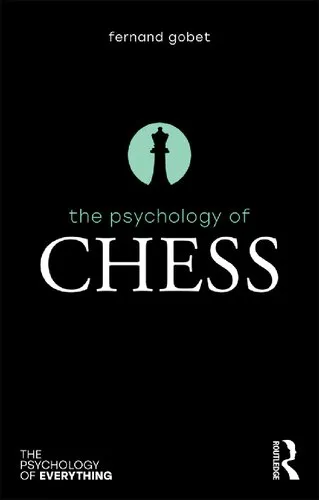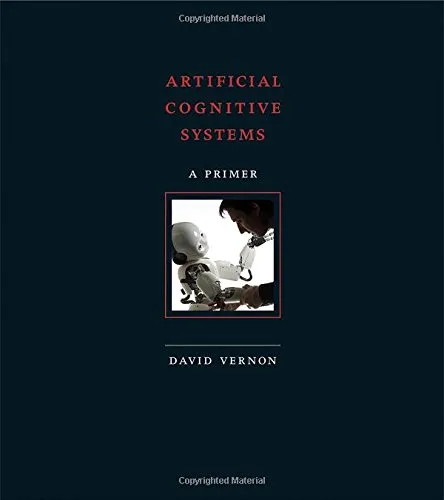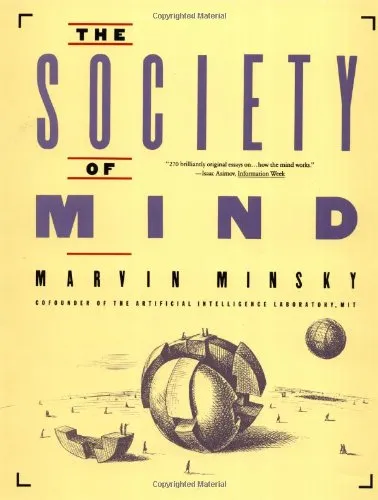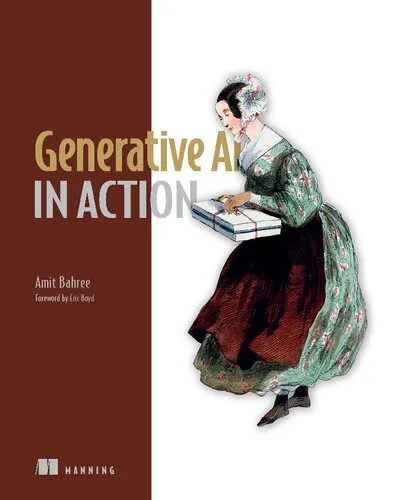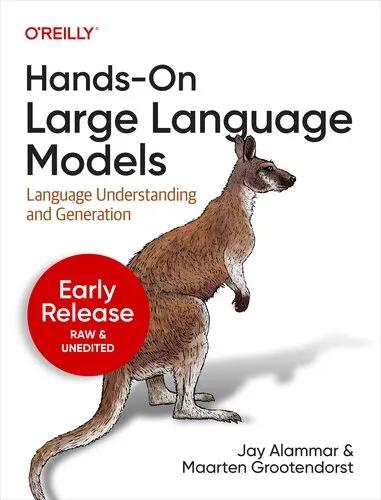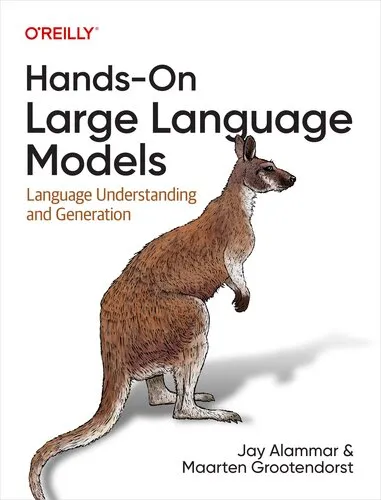The Cognitive Science of Religion: A Methodological Introduction to Key Empirical Studies
4.3
بر اساس نظر کاربران

شما میتونید سوالاتتون در باره کتاب رو از هوش مصنوعیش بعد از ورود بپرسید
هر دانلود یا پرسش از هوش مصنوعی 2 امتیاز لازم دارد، برای بدست آوردن امتیاز رایگان، به صفحه ی راهنمای امتیازات سر بزنید و یک سری کار ارزشمند انجام بدینکتاب های مرتبط:
درباره کتاب
کتاب The Cognitive Science of Religion: A Methodological Introduction to Key Empirical Studies به بررسی علمی و شناختی دین پرداخته و روشی نوین برای درک مطالعات تجربی پیرامون دین ارائه میدهد. این کتاب به ویراستاری D. Jason Slone و William W. McCorkle گردآوری شده و میتواند به علاقهمندان به علومِ شناختی و دین ارائه دیدگاهی جامع و تخصصی بدهد.
خلاصه کتاب
در این کتاب، به بررسی نحوه تلاقی رشتههای مختلف علمی در شکلگیری علم شناختی دین پرداخته شده است. نویسندگان با ارائه مطالعات تجربی و تحلیل دادههای تجربی موجود، رویکردهای مختلف را نسبت به درک دین و باورهای دینی مورد بررسی قرار میدهند. طیف گستردهای از موضوعات مانند توسعه باورهای دینی در کودکان، ارتباط دین با زیستشناسی تکاملی، و تأثیر روانشناسی شناختی بر فهم دین، در این اثر مطرح شده است.
یادداشتهای کلیدی
یکی از نکات کلیدی این کتاب تأکید آن بر کاربرد علم شناختی در مطالعه دین است که زمینهای جدید برای تحقیقات ایجاد میکند. نویسندگان تجربیات خود را با تحلیلهای آماری و دادهمحور ترکیب کرده و به ارائه بینشهای نوین در این زمینه پرداختهاند. در نتیجه، میتوان گفت که این کتاب نه تنها به توضیح تئوریهای موجود میپردازد، بلکه خود نیز به عنوان منبعی ارزشمند برای مطالعات بعدی عمل میکند.
جملات مشهور از کتاب
«دین به عنوان یک پدیده شناختی نه تنها نیاز به درک و تحلیل تجربی دارد، بلکه باید در قالب پیشفرضهای علمی و دادهمحور بررسی شود.»
«همکاری میان رشتهای برای فهم بهتر دین، درگاهی برای شناخت عمیقتر از روان انسان و باورهای او فراهم میآورد.»
چرا این کتاب مهم است
کتاب The Cognitive Science of Religion به دلیل ایجاد پیوند میان تحقیقات دینی و علوم شناختی حائز اهمیت است. این کتاب نه تنها به دانشجویان و پژوهشگران حوزه دینپژوهی و علوم شناختی ابزارهای تحلیلی ارزشمندی را ارائه میدهد، بلکه به عنوان یک راهنمای جامع در جهت آشنایی با مطالعات تجربی و تحلیلی دین عمل میکند. ارزش واقعی این کتاب در توانایی آن برای برانگیختن گفتگو و پژوهشهای بیشتر در بین حوزههای مختلف علم نهفته است.
به طور کلی، این اثر با ارائه روشهای تحلیلی و دادهمحور، مرجع مهمی برای مطالعه شناختی دین و دستیابی به بینشهای نوین در این زمینه به شمار میرود.
Introduction
Welcome to the thought-provoking world of 'The Cognitive Science of Religion: A Methodological Introduction to Key Empirical Studies'. This transformative volume, edited by D. Jason Slone and William W. McCorkle, navigates the burgeoning field of the cognitive science of religion (CSR), mapping the empirical studies that have garnered attention and influenced scholarly discourse across disciplines. The book adeptly converges insights from psychology, anthropology, and religious studies to articulate how this multidisciplinary field addresses profound questions about human cognition and religious beliefs.
Detailed Summary of the Book
This book meticulously curates an array of empirical studies pivotal to understanding the cognitive underpinnings of religion. Each chapter delves into research methodologies that have propelled CSR into the limelight, offering a structured examination of how cognitive processes lead to religious thought and behavior. From innate cognitive predispositions to complex cultural phenomena, the book dissects fundamental questions on the evolution and persistence of religious beliefs.
Slone and McCorkle have assembled contributions from prominent scholars in the field, ensuring that readers are exposed to diverse perspectives and innovative approaches. The editors masterfully juxtapose theoretical advancements with empirical findings, elucidating CSR's capacity to shed light on universal patterns of religiosity. Through rigorous analysis and methodological clarity, the text positions CSR as an invaluable lens for understanding human nature and religious universality.
Key Takeaways
- The book emphasizes the pivotal role of cognitive processes in shaping religious beliefs and practices.
- It showcases a diverse range of empirical studies that exemplify successful approaches in CSR.
- Interdisciplinary collaboration is highlighted as a key driver in advancing our understanding of religion from a cognitive perspective.
- Readers are provided with a comprehensive methodological framework applicable to CSR and related fields.
- The text underscores the necessity of empirical rigor and methodological transparency in conducting CSR research.
Famous Quotes from the Book
"The cognitive science of religion is not merely a theoretical enterprise but a methodological journey into understanding the fundamental questions of human nature."
"By decoding the mental templates that give rise to religious thought, we can better comprehend the cognitive universality present in diverse cultural expressions."
"Empirical rigor in CSR not only broadens our grasp of religion but also enhances interdisciplinary dialogues that are crucial for scientific advancement."
Why This Book Matters
The significance of 'The Cognitive Science of Religion: A Methodological Introduction to Key Empirical Studies' lies in its ability to illuminate the intersection of cognitive science and religious study. As a frontier discipline, CSR offers fresh insights that challenge traditional paradigms and urge scholars to reconsider the cognitive mechanisms driving belief systems. Through empirical investigation, the book endows researchers and practitioners with evidence-based understanding, enriching discussions on topics such as moral psychology, cultural transmission, and evolutionary anthropology.
This text is not just educational; it serves as a critical resource for anyone probing the intricacies of human cognition and its relationship with religious phenomena. In an era where interdisciplinary research is paramount, the book is an exemplar of how cognitive science can unify disparate theories into a coherent narrative about the shared aspects of human experience.
Ultimately, this book stands as a testament to the power of empirical research in unraveling the complexities of religion, transcending academic boundaries, and fostering a nuanced appreciation of human cognitive diversity.
دانلود رایگان مستقیم
شما میتونید سوالاتتون در باره کتاب رو از هوش مصنوعیش بعد از ورود بپرسید
دسترسی به کتابها از طریق پلتفرمهای قانونی و کتابخانههای عمومی نه تنها از حقوق نویسندگان و ناشران حمایت میکند، بلکه به پایداری فرهنگ کتابخوانی نیز کمک میرساند. پیش از دانلود، لحظهای به بررسی این گزینهها فکر کنید.
این کتاب رو در پلتفرم های دیگه ببینید
WorldCat به شما کمک میکنه تا کتاب ها رو در کتابخانه های سراسر دنیا پیدا کنید
امتیازها، نظرات تخصصی و صحبت ها درباره کتاب را در Goodreads ببینید
کتابهای کمیاب یا دست دوم را در AbeBooks پیدا کنید و بخرید
1549
بازدید4.3
امتیاز0
نظر98%
رضایتنظرات:
4.3
بر اساس 0 نظر کاربران
Questions & Answers
Ask questions about this book or help others by answering
No questions yet. Be the first to ask!
